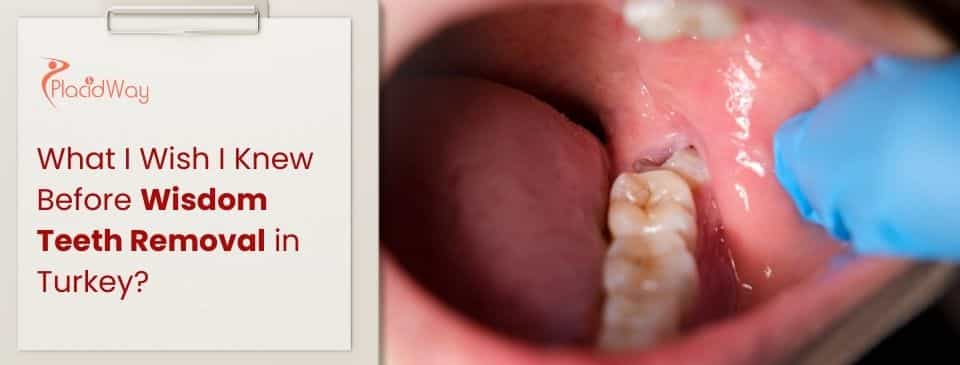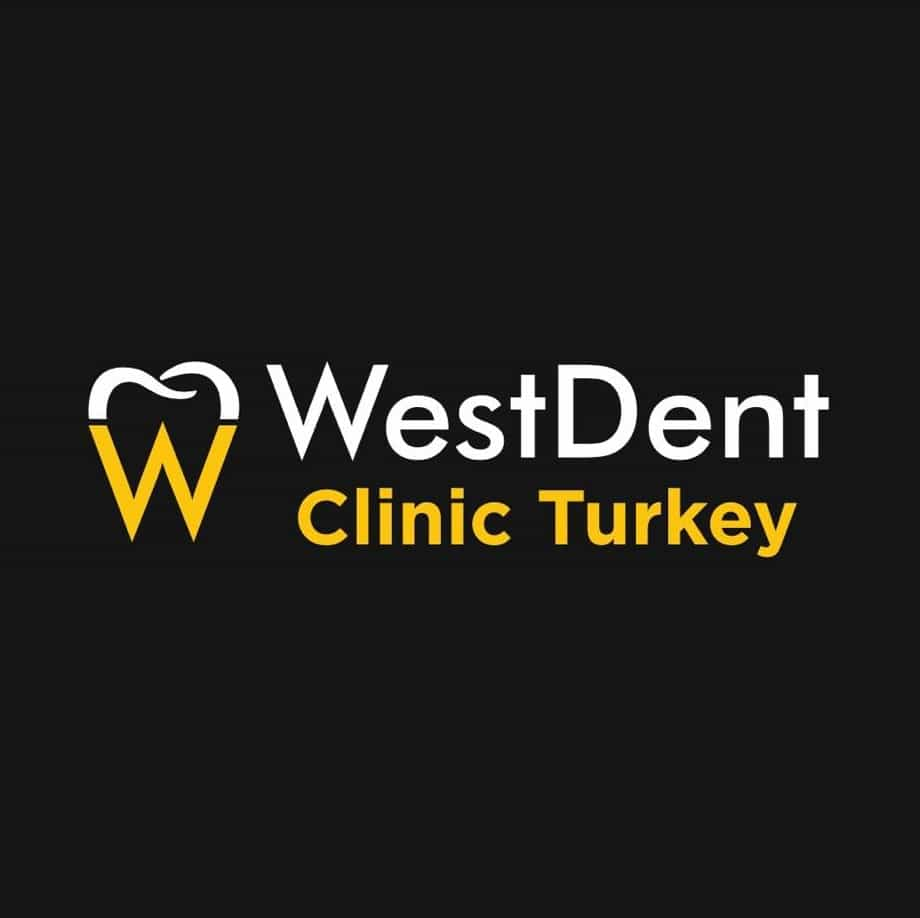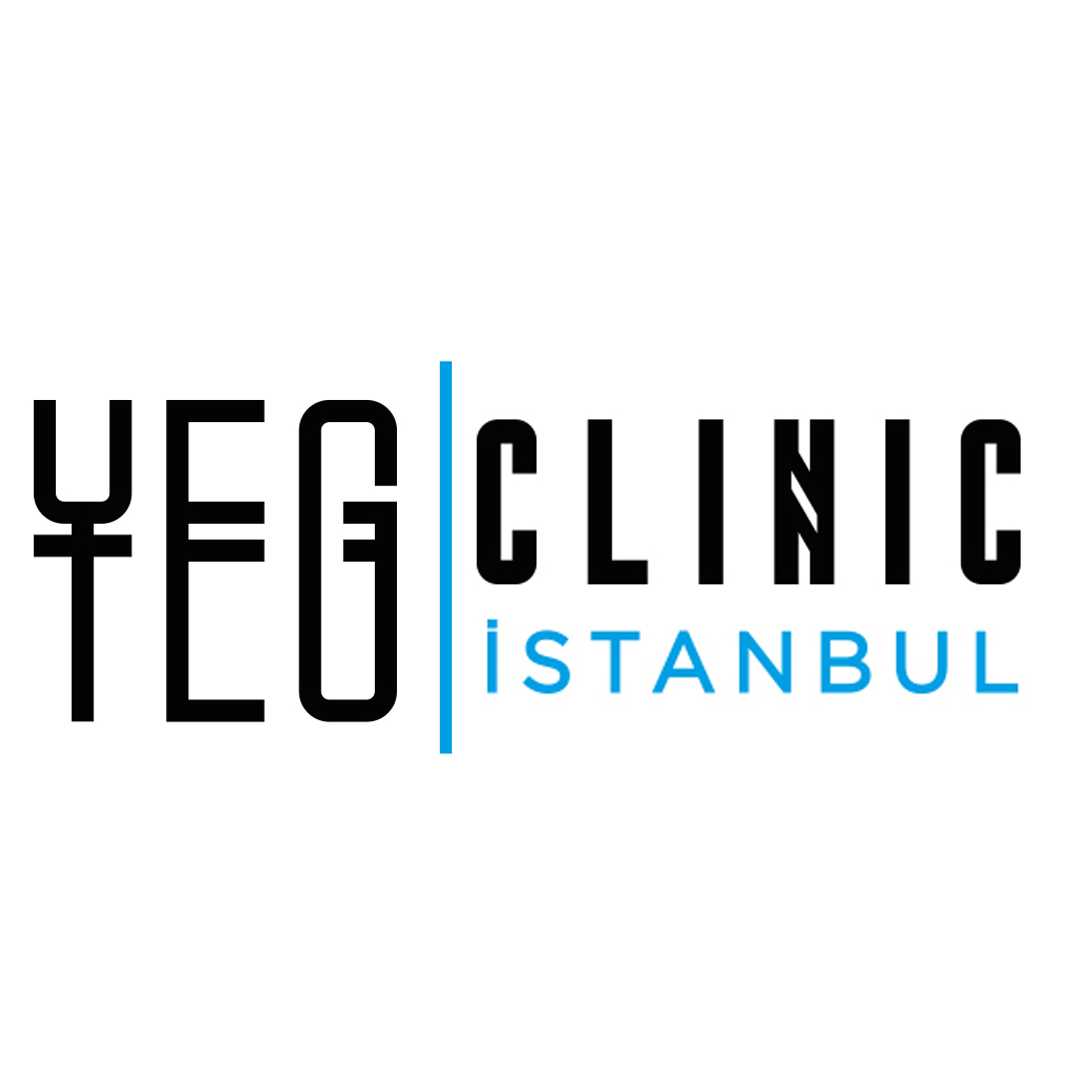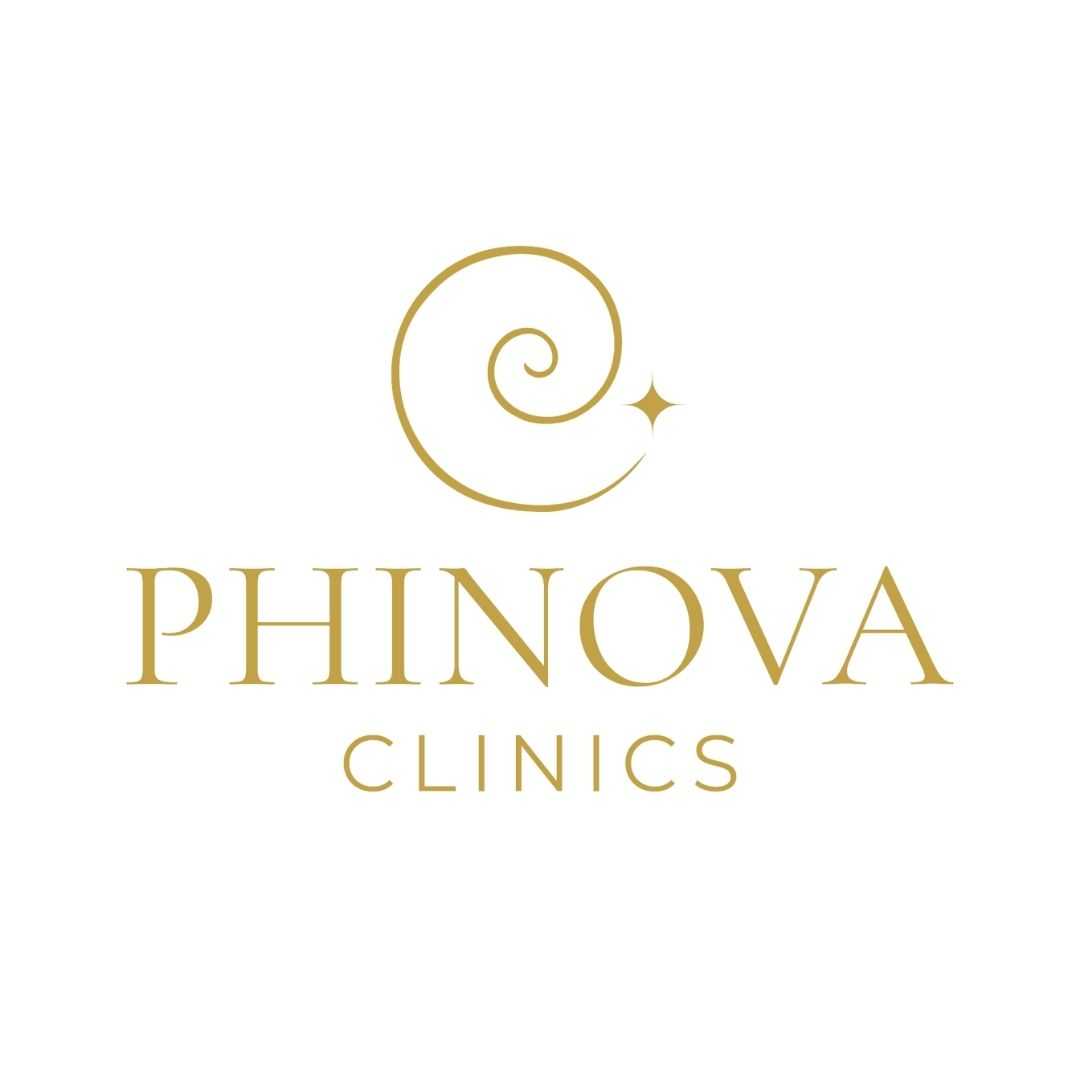The Cost Advantage: Why Turkey is a Smart Choice
Thinking about getting your wisdom teeth removal in Turkey? You're not alone. Every year, thousands of people travel to Turkey for high-quality, affordable dental care, and wisdom tooth extraction is one of the most common procedures. The idea of combining a minor surgery with a Mediterranean holiday sounds appealing, but it’s natural to have questions. Is it safe? How much does it really cost? What’s the recovery like when you’re away from home?
This guide is here to answer all those pressing questions you’ve been searching for. We’ll walk you through everything from choosing the right clinic to what you should be eating after the procedure. My goal is to give you the confidence and knowledge you need to make an informed decision, ensuring your dental trip to Turkey is a success from start to finish. Let’s dive into what you need to know before you go.
What is the Average Cost of Wisdom Teeth Removal in Turkey?
The primary reason many consider dental work in Turkey is the significant cost savings. In countries like the US or UK, a surgical wisdom tooth extraction can easily cost over $600 per tooth. In Turkey, you can expect to pay a fraction of that. The price difference is mainly due to the lower cost of living and operational expenses, not a compromise on quality.
However, the final price can vary. A simple extraction, where the tooth is fully erupted and visible, will be on the lower end of the price scale. An impacted wisdom tooth, which is trapped beneath the gum line or in the jawbone, requires a more complex surgical procedure and will cost more. Always get a detailed quote that outlines all costs, including consultations, X-rays, anesthesia, and any necessary medications.
Is it Safe to Get Wisdom Teeth Removed in Turkey?
Turkey's healthcare system, particularly in the private sector catering to medical tourists, is known for its high standards. Many top dental clinics are internationally accredited, often with certifications like ISO 9001, and adhere to strict European hygiene protocols. The Turkish Ministry of Health also regulates these facilities to ensure they meet specific quality and safety standards.
The key to a safe experience is thorough research. Look for clinics that are transparent about their surgeons' qualifications, use state-of-the-art equipment (like 3D CBCT scanners for precise diagnostics), and have a portfolio of positive patient reviews. A trustworthy clinic will prioritize patient safety above all else.
How Do I Choose a Reputable Dental Clinic in Turkey?
Finding the right clinic is the most critical step. Here are a few things to focus on:
- Accreditation and Certifications: Look for clinics that are accredited by international bodies and the Turkish Ministry of Health. This ensures they meet global standards for care and hygiene.
- Surgeon's Experience: Your procedure should be performed by an oral and maxillofacial surgeon, not a general dentist. Check their credentials, years of experience, and specialization in surgical extractions.
- Patient Reviews: Don't just rely on the clinic's website. Look for reviews on independent platforms like Google, Trustpilot, or medical tourism forums to get an unbiased perspective.
- Technology: Modern clinics use advanced technology like digital X-rays and 3D imaging for more accurate diagnosis and safer surgery.
- Communication: The clinic should have English-speaking staff and be responsive to your questions. A good clinic will provide a dedicated patient coordinator.
What Happens During a Wisdom Teeth Removal Consultation in Turkey?
Your first in-person appointment is the consultation. This is your opportunity to meet the surgeon and get comfortable with the clinic. The surgeon will assess the position of your wisdom teeth using advanced imaging to determine the complexity of the extraction. They will also review your medical history to identify any potential risks.
This is the time to ask all your questions. A good surgeon will patiently explain why the extraction is necessary, what the procedure involves, the type of anesthesia that will be used, and what you can expect during recovery. You should leave the consultation with a clear, written treatment plan and a final quote with no hidden fees.
What is the Wisdom Teeth Removal Procedure Like in Turkey?
The actual extraction is a straightforward surgical procedure. Most are done with local anesthesia, meaning you'll be awake but the area will be completely numb. For anxious patients or complex cases, sedation is often available. You won't feel any pain, but you might feel some pressure.
If the tooth is impacted, the surgeon will make a small incision in your gum to access it. The tooth might be broken into smaller pieces to make it easier to remove. After the tooth is out, the area is cleaned, and the incision is closed with dissolvable stitches. The entire process for one tooth usually takes between 20 to 45 minutes.
How Long is the Recovery Period for Wisdom Teeth Removal in Turkey?
Planning your trip around the recovery period is essential. You should plan to stay in Turkey for at least 5 to 7 days after the procedure. The first 24-48 hours are the most critical for healing. You'll need to rest, manage swelling with ice packs, and take prescribed pain medication.
Most patients feel significantly better after the third day and can start enjoying light activities. However, you should avoid strenuous exercise, smoking, and drinking through a straw for at least a week to prevent complications like a dry socket. Your clinic will provide detailed aftercare instructions to ensure a smooth recovery.
What Can I Eat After Wisdom Teeth Removal?
Your diet plays a big role in your recovery. Chewing can be difficult and may irritate the surgical site. Sticking to soft foods helps protect the blood clot that forms in the tooth socket, which is crucial for healing.
Here are some safe food options:
- Yogurt and pudding
- Blended soups (not too hot)
- Mashed potatoes or avocado
- Smoothies and milkshakes (without a straw)
- Scrambled eggs
After 3-4 days, you can gradually reintroduce more solid foods as you feel comfortable. It's important to stay hydrated by drinking plenty of water.
What are the Potential Complications of Wisdom Teeth Removal?
While wisdom teeth removal is a very safe procedure, it's important to be aware of the potential risks. A dry socket is the most frequent issue and can be quite painful, but it is largely preventable by following aftercare instructions carefully—especially the rules about not smoking or using straws.
Signs of a dry socket include severe, throbbing pain a few days after the procedure. If you experience this, contact your clinic immediately. Infections are rare but can occur; symptoms include fever, pus from the extraction site, and persistent swelling. Choosing a high-quality clinic and maintaining good oral hygiene after surgery significantly minimizes these risks.
Can I Combine My Dental Trip with a Vacation?
Turkey is a beautiful country with a rich history, and it's tempting to explore. The best approach is to arrive a few days early to enjoy the sights of Istanbul, Antalya, or another city before your procedure. After your surgery, you'll need to take it easy for a few days.
Once you're feeling up to it, you can enjoy relaxed activities like visiting museums, gentle walks, or enjoying the local cuisine (soft foods, of course!). Just be sure to avoid anything too strenuous until you're fully recovered.
Ready to explore your options for affordable, high-quality dental care abroad? Visit PlacidWay to find trusted clinics and get personalized quotes for your wisdom teeth removal in Turkey and beyond.



.png)




.png)
.png)
.png)




.png)


Share this listing